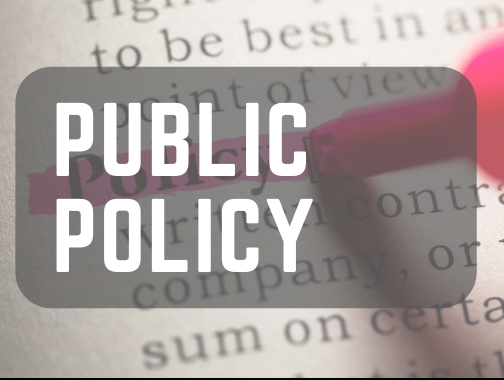The Major Program in Public Policy equips students with the analytical and methodological skills to secure employment as policy analysts in government, business, and non-governmental sectors, or to continue to graduate training in public policy.
The Program is cross-disciplinary; public policy analysis is the exercise of applying the theoretical frameworks and positivist and interpretive methodologies of the social sciences and humanities to understand the development, implementation, and evaluation of public policy. It requires the ability to think clearly and critically, to design and execute research projects, to analyze both quantitative and qualitative data, and to write clearly. It also requires an understanding of the context, institutions, and processes of policy-making and implementation, as well as concepts and criteria for policy evaluation.
2024-2025 Calendar description
Program Offerings
Major Program in Public Policy (Co-op and non-Co-op)
The primary goals and learning outcomes of the Major programs are to equip students with the core analytical and multidisciplinary methodological skills commonly employed by public policy analysts. The program aims to ensure that graduates of the programs are exceptionally skilled in critical interdisciplinary thinking, writing, and analytical tools from statistics and economics to evaluate the most pressing issues in public policy.
Students in the Major programs must complete a total of 8.0 credits, as part of a 20.0 credits Honours Bachelor of Arts (HBA) or Honours Bachelor of Science (HBSc) degree. The programs include core courses in microeconomics and macroeconomics, Canadian government and politics, public policy making, and classes in quantitative methods. The Major Programs in Public Policy (Co-op and non-Co-op) develop students’ communication, reading and policy-specific writing skills in the core B-level courses (POLB56H3 Critical Issues in Canadian Politics, POLB57H3 The Canadian Constitution and the Charter of Rights, PPGB66H3 Public Policy Making) and C-level courses (PPGC67H3 Public Policy in Canada). The Programs help students build an introductory foundation in economics for public policy with completion of the core required A-level courses (MGEA01H3 Microeconomics and MGEA05H3 Macroeconomics) or the more mathematically intensive equivalents. Courses in statistics and geographic information systems such as GGRA30H3 and STAB22H3 ensure a strong foundation in social scientific research methods, with a focus on applied research approaches commonly employed by policy analysts. The applications of public policy requirement gives students the opportunity to explore a variety of policies or to specialize in a particular policy area. Many of these applied classes further develop students’ interdisciplinary critical thinking skills, as the requirement provides students with the opportunity to study public policy related theories and approaches from disciplines such as City Studies, Health Studies, Environmental Science, Economics for Management Studies, and International Development Studies and advanced classes in political science.
Competencies & Skills Learned in Public Policy Programs
-
Critical thinking and evaluation
-
Ability to design and execute research projects
-
Analyze quantitative and qualitative data
-
Knowledge about the context, institutions, and processes of policy-making and implementation
-
Ability to apply concepts and theories about policy-making
-
Ability to analyze policy issues in a variety of formats, including policy briefs and policy recommendations
